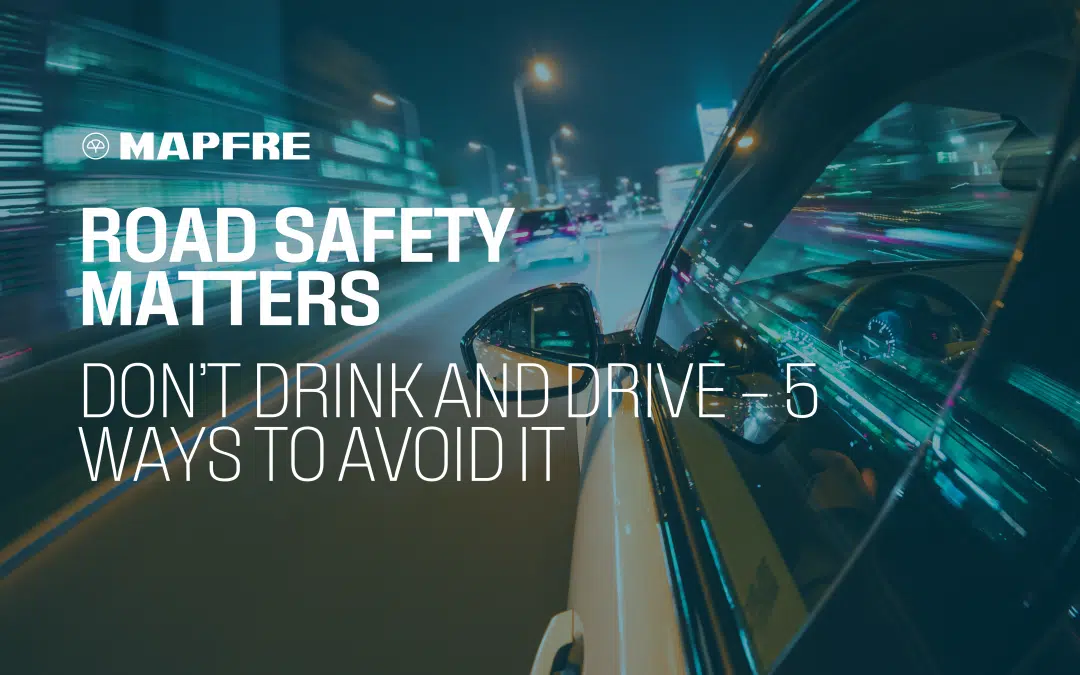MAPFRE is strongly committed to the concept of sustainability, and aspires to become a benchmark company in contributing to an economic model which makes it possible to generate business opportunities, while protecting the environment and society.
The Group promotes the responsible consumption of resources, as well as the reduction, reuse and recycling of waste, thus reducing landfilling. It also carries out actions to combat food waste. Last year, a total of 3,112 tons of waste were generated worldwide throughout the Group, of which 2,960 tons, or 95% of the total, were subjected to recovery, recycling and energy production processes.
Among its main milestones in 2021, MAPFRE prevented the consumption of 1,132 tons of paper thanks to the biometric electronic signature. It reused 49% of the total IT equipment waste in Spain, donated 41,149 kg of the Group’s IT equipment, and recycled 351 tons of waste in four buildings, which represents 92% of the waste generated by the company at its corporate headquarters in Spain. This latest achievement was made possible thanks to the ‘Zero Waste’ project, a certificate granted by AENOR to companies that classify the waste they generate, so that it can be reused or recycled, and does not end up in a landfill. By 2024, MAPFRE intends to bring the project to other countries where it has a presence, including Brazil, Mexico and Puerto Rico.
Meanwhile, MAPFRE has also eliminated all single-use plastic bottles and cups, thanks to the ‘MAPFRE Plastic-Free’ project.
Through CESVIMAP, the MAPFRE Road Safety and Experimentation Centre, the company has also treated a total of 38,819 end-of-life vehicles, from which it has recovered 156,948 parts for reuse in different markets. This global technology centre specialises in vehicle repair and recycling, among other services. It is considered as a benchmark in how to dispose of vehicles in a sustainable way, extending the life of parts, facilitating the reuse of raw materials, such as plastic and glass, and reducing energy consumption.
MAPFRE’s 2030 Environmental Footprint Plan sets an ambitious recovery target for the coming years: to make use of 84% of the waste generated by the Group in the countries where it operates by 2024, and up to 90% by 2030.
Apart from incorporating MAPFRE’s global environmental initiatives in its own local practices, MAPFRE in Malta has also planted 1,000 trees at Majjistral Nature Park, entering into an agreement with the administration of the Park to ensure that these trees receive all the attention necessary for them to thrive and grow.



